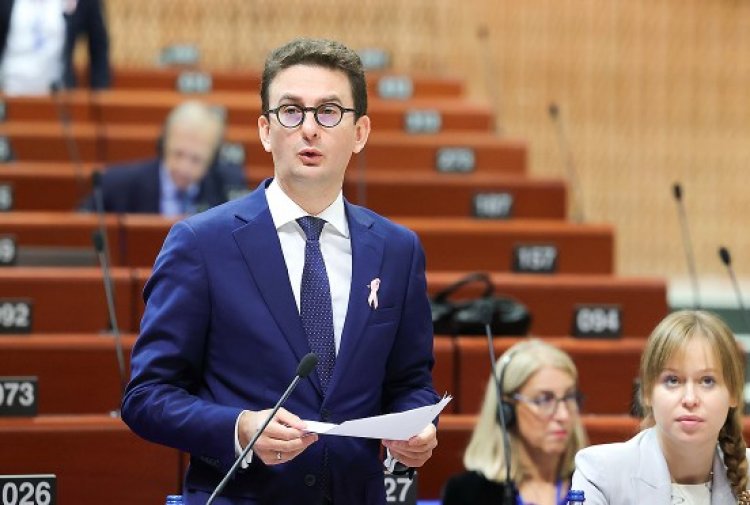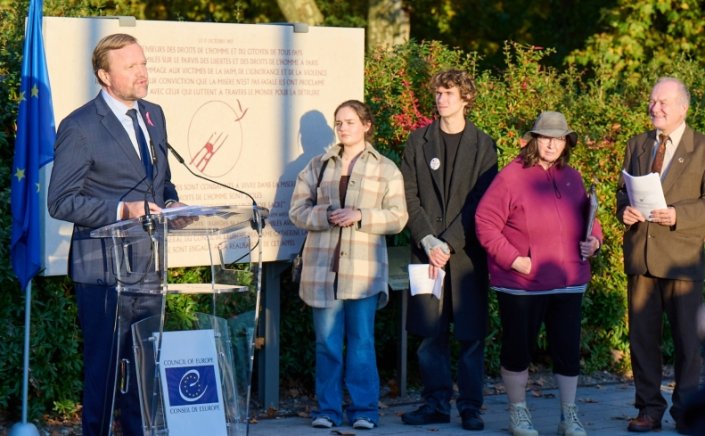For a peaceful future, Europe must ‘do everything in its power’ to deter the threat from Russia
For a peaceful future, Europe must ‘do everything in its power’ to deter the threat from Russia


It is imperative that Council of Europe member states “do everything in their power to strengthen their deterrence, preparedness and resilience capabilities against the threat posed by Russia” if Europe is to have a peaceful future, PACE has warned.
Unanimously approving a resolution based on a report by Iulian Bulai (Romania, ALDE), the Assembly set out a wide-ranging series of steps to defeat Russia’s strategy of destabilising European democracies using “force, fear and foreign influence”.
“The Assembly, at this critical juncture, stresses that enduring peace in Europe will only be achieved through democratic security and resilience,” the parliamentarians said.
They called for unwavering European commitment and unity in support of Ukraine and a just and lasting peace, which is “indispensable for Ukraine’s European future and the security of the entire European continent”.
This should include a system of comprehensive accountability for Russia’s crimes, including the swift launch of a Special Tribunal to try Russia’s leaders for the crime of aggression, rapid progress on creating a claims commission and in due course an international fund to compensate Ukrainians, which could be funded from frozen Russian state assets.
They also urged stronger sanctions against Russia and its allies, further diplomatic isolation – including in sport – and more non-military responses to Russian violations of airspace and hybrid warfare.
There was also a need for a strategy to enhance the resilience of democratic societies which combines deterrence, preparedness, protection and reactivity. This could include, for example, “robust counter-measures” against foreign interference, projects to fight disinformation and “solid counter-narratives” to Russian propaganda, including support for free media.
Meanwhile, the Council of Europe should strengthen its work on democratic security to take account of the rapidly evolving nature of the threats and challenges the continent is facing.














![The Biggest Travel Trends of 2026 [CNTraveler]](https://mykonosticker.com/uploads/images/2026/01/image_140x98_695ead4568994.jpg)




![The Biggest Travel Trends of 2026 [CNTraveler]](https://mykonosticker.com/uploads/images/2026/01/image_705x436_695ead4553384.jpg)


